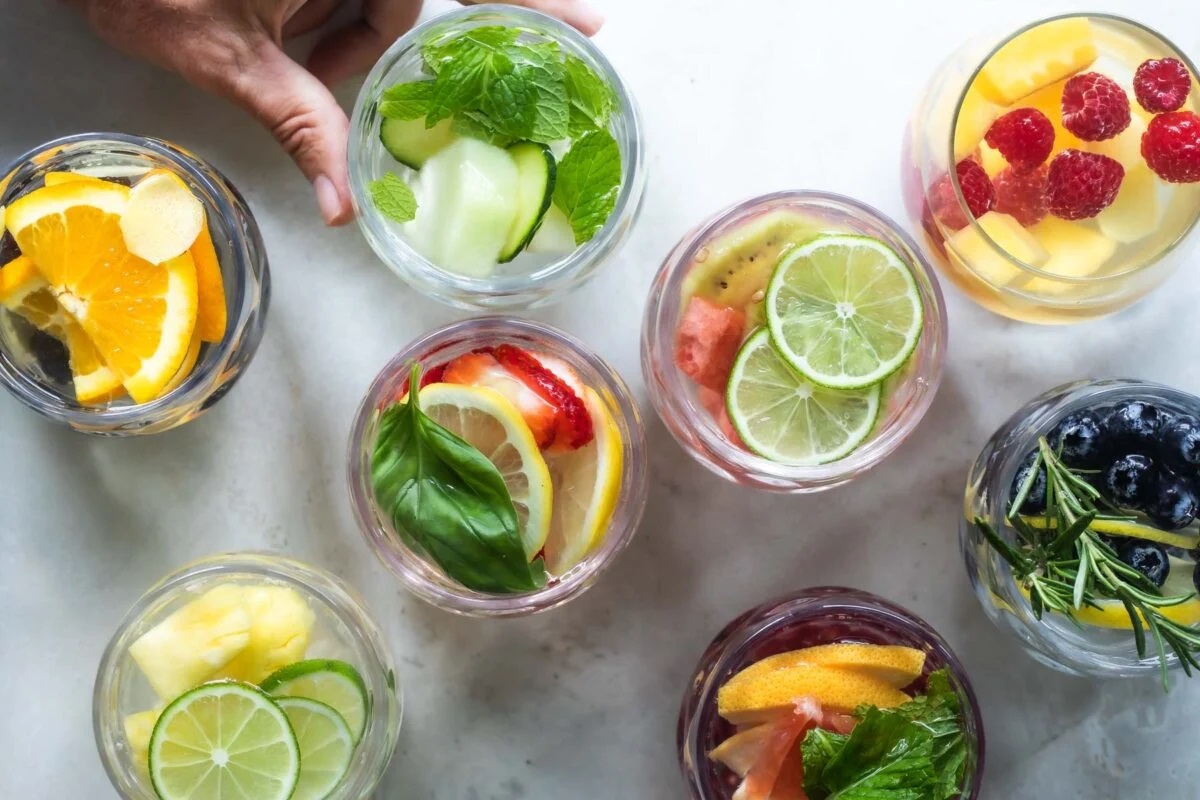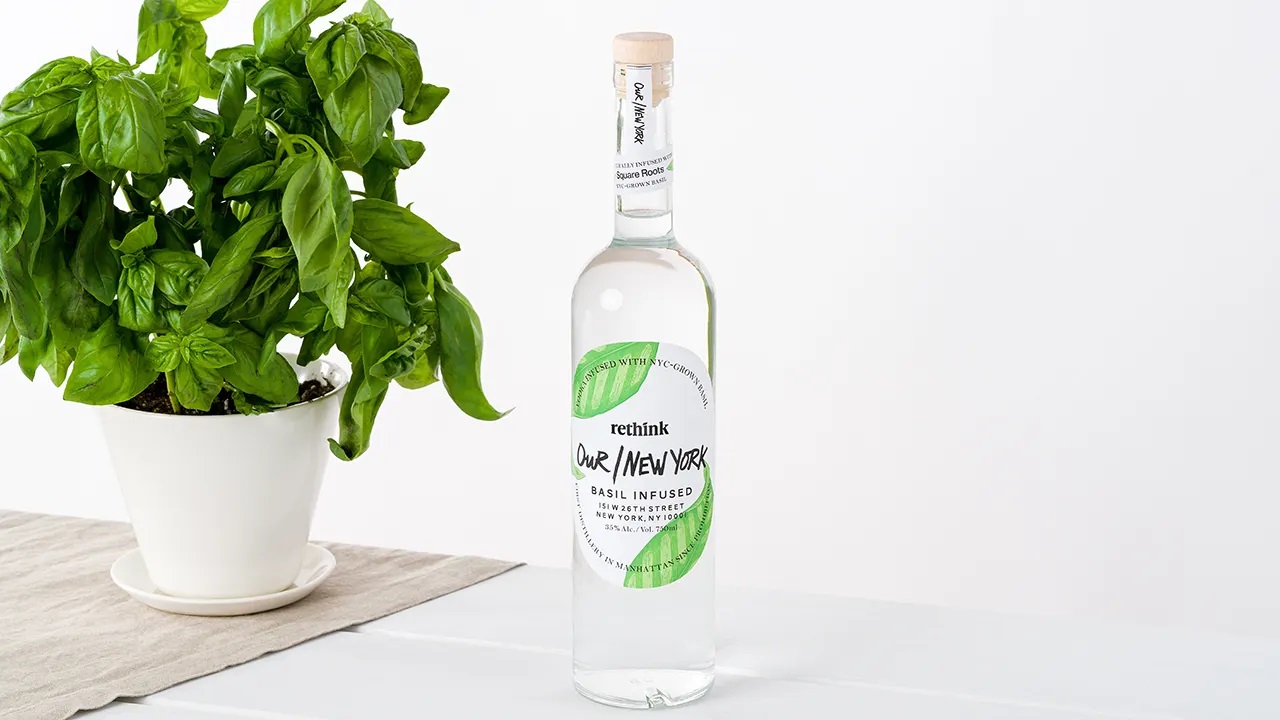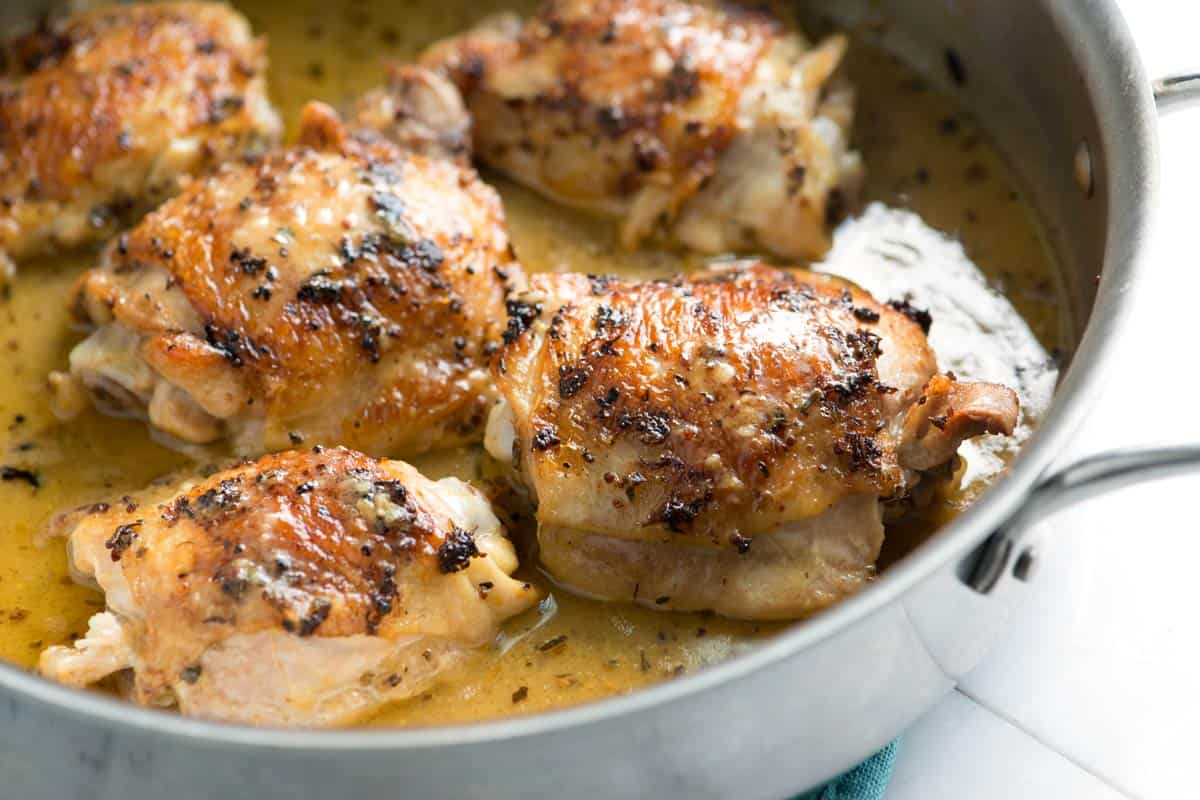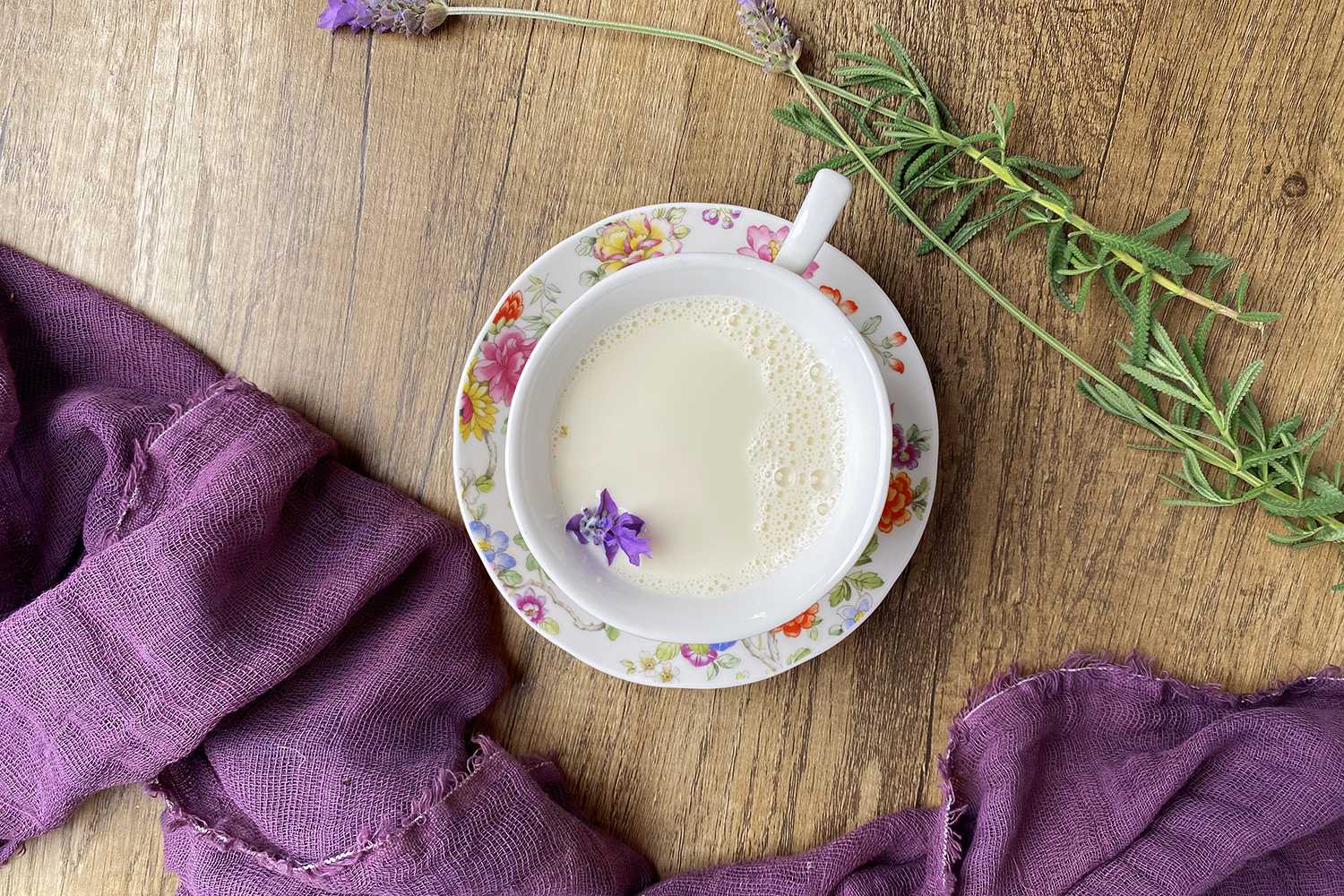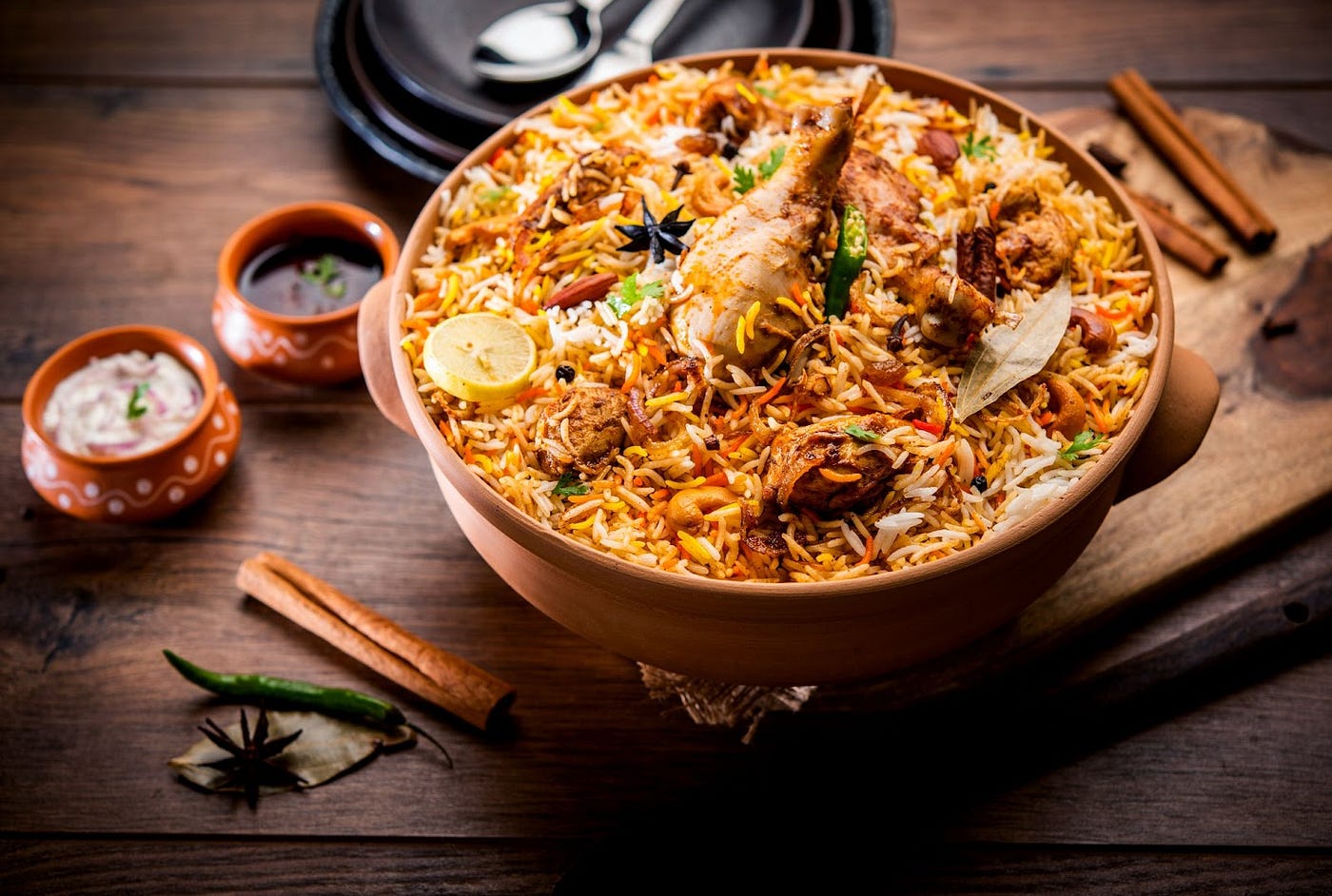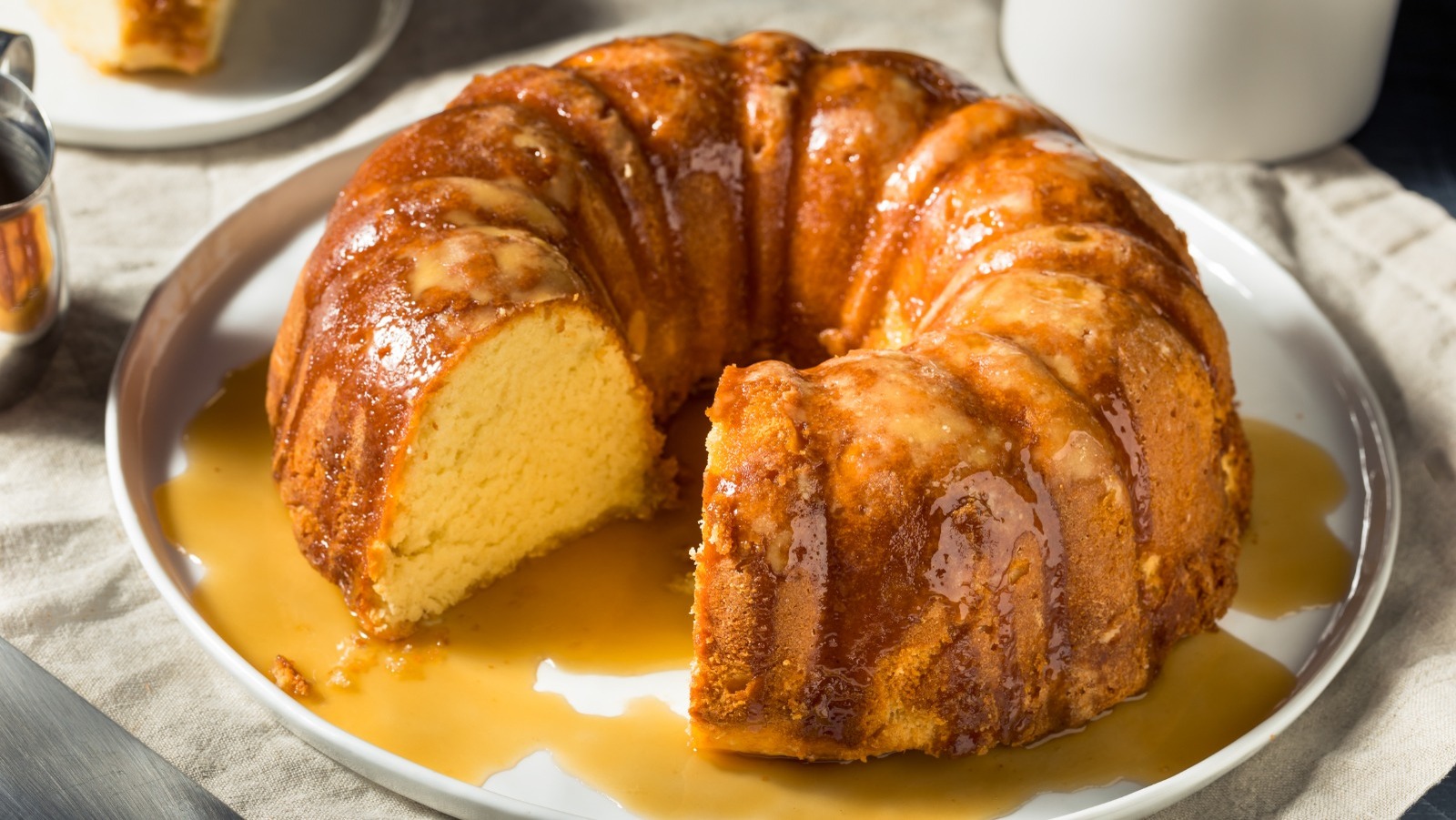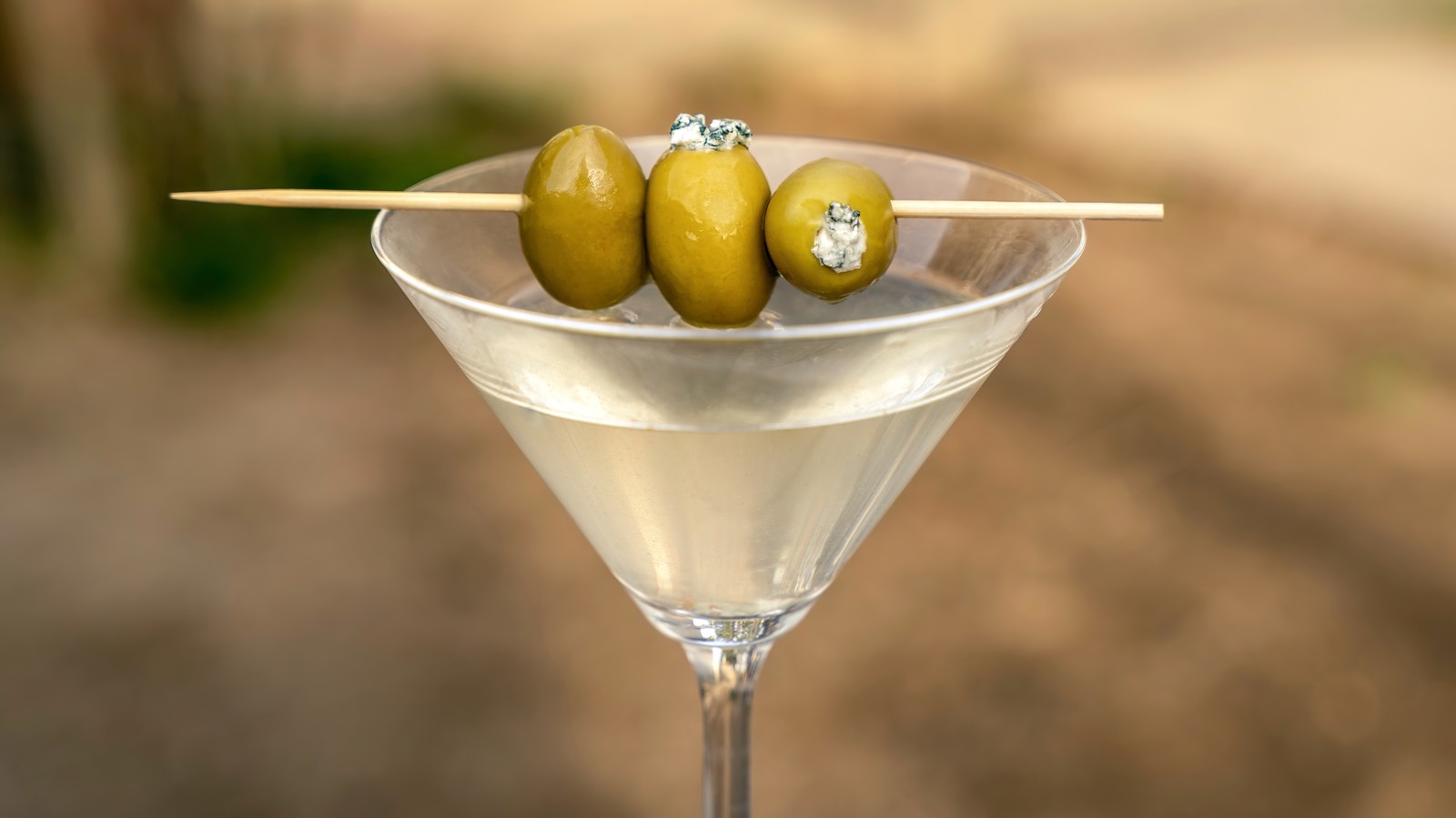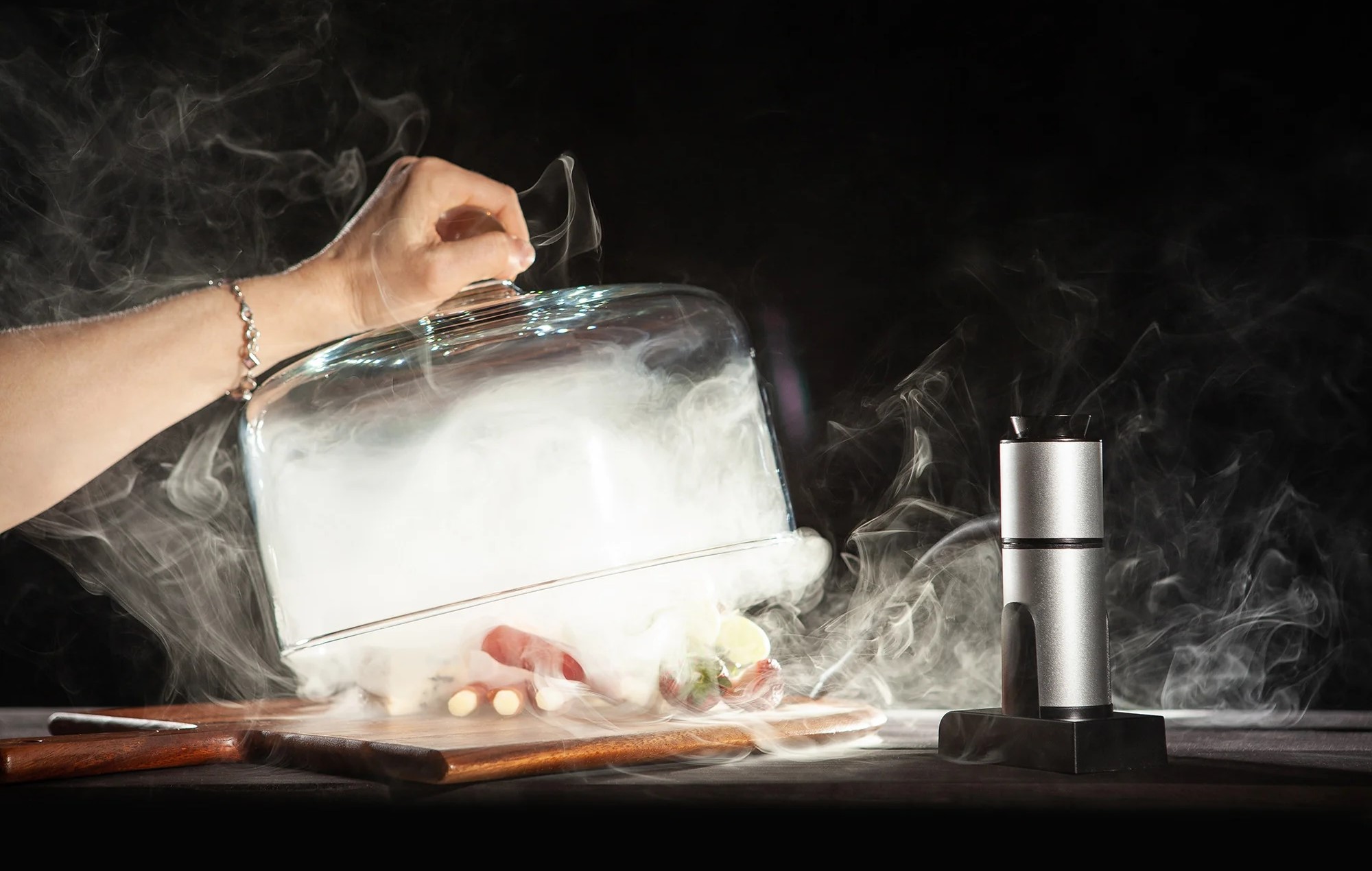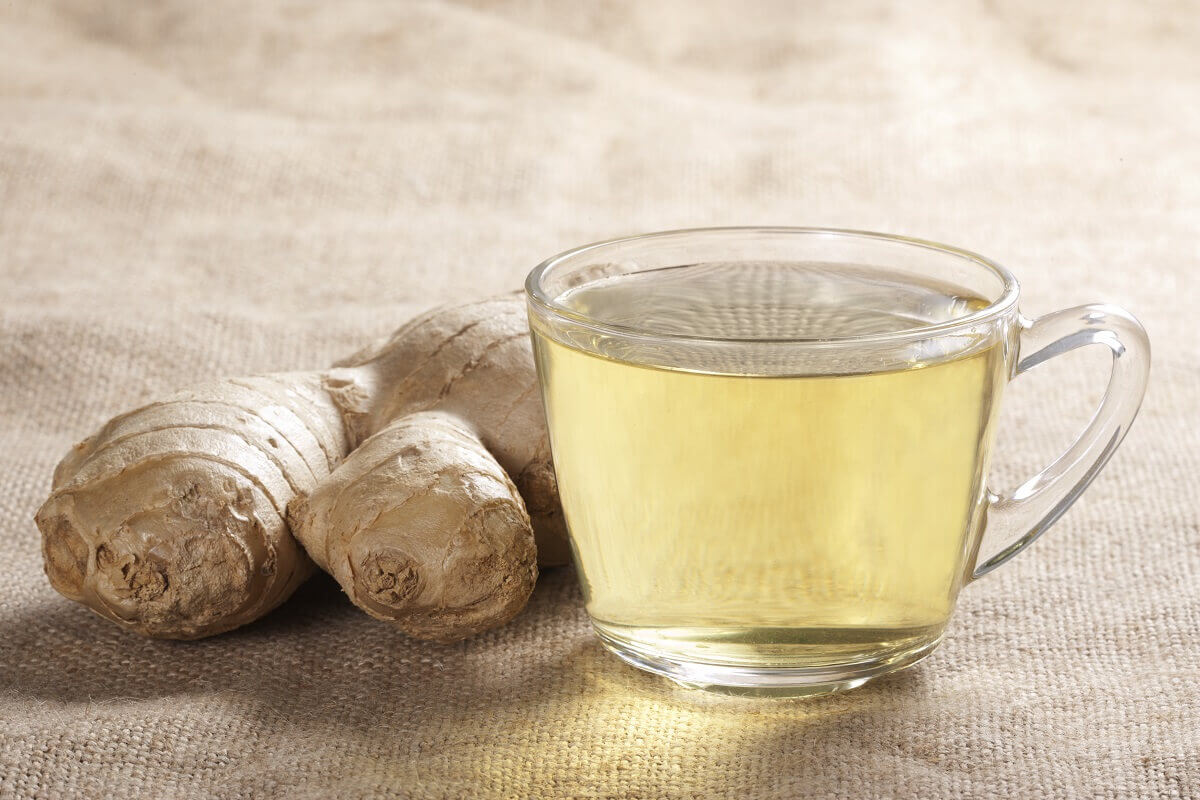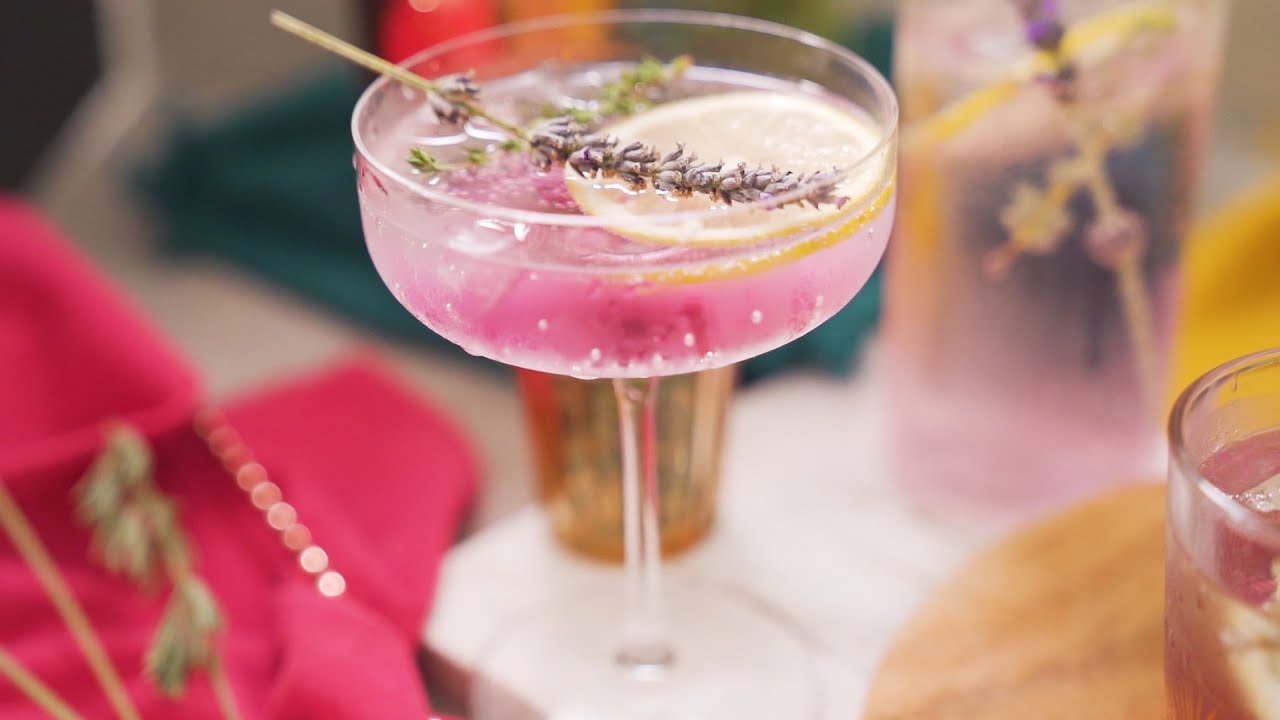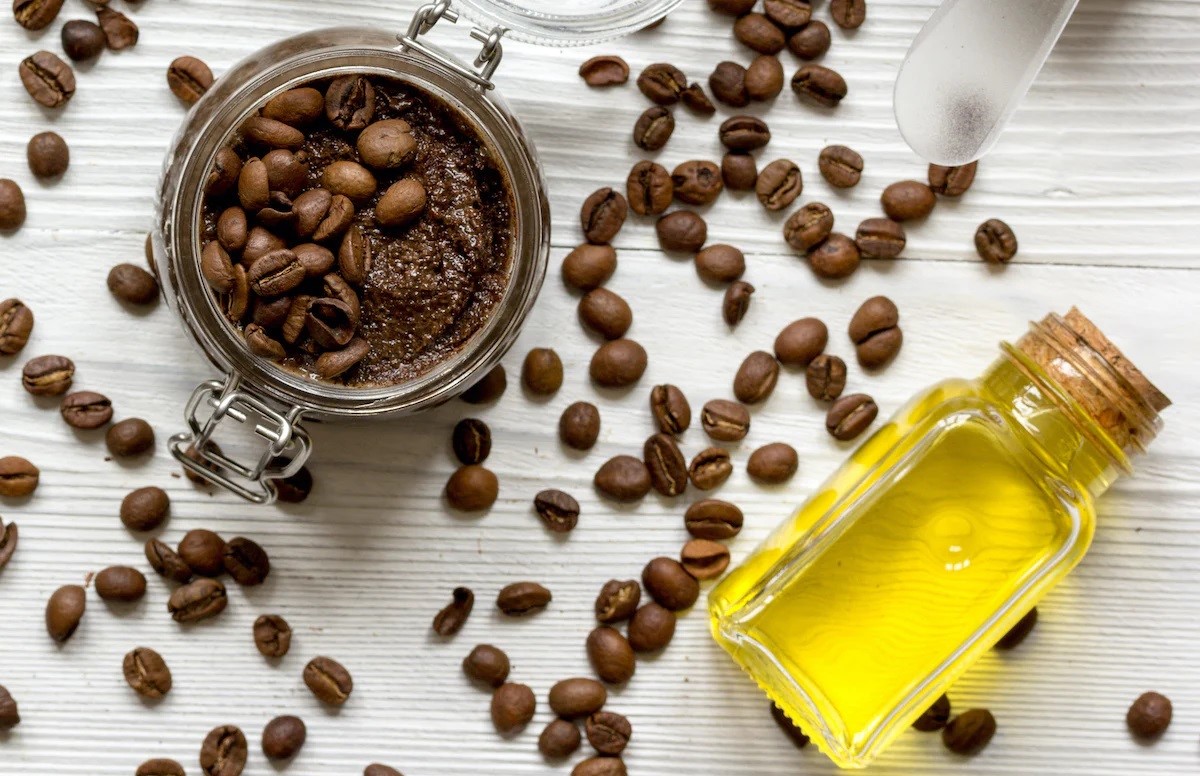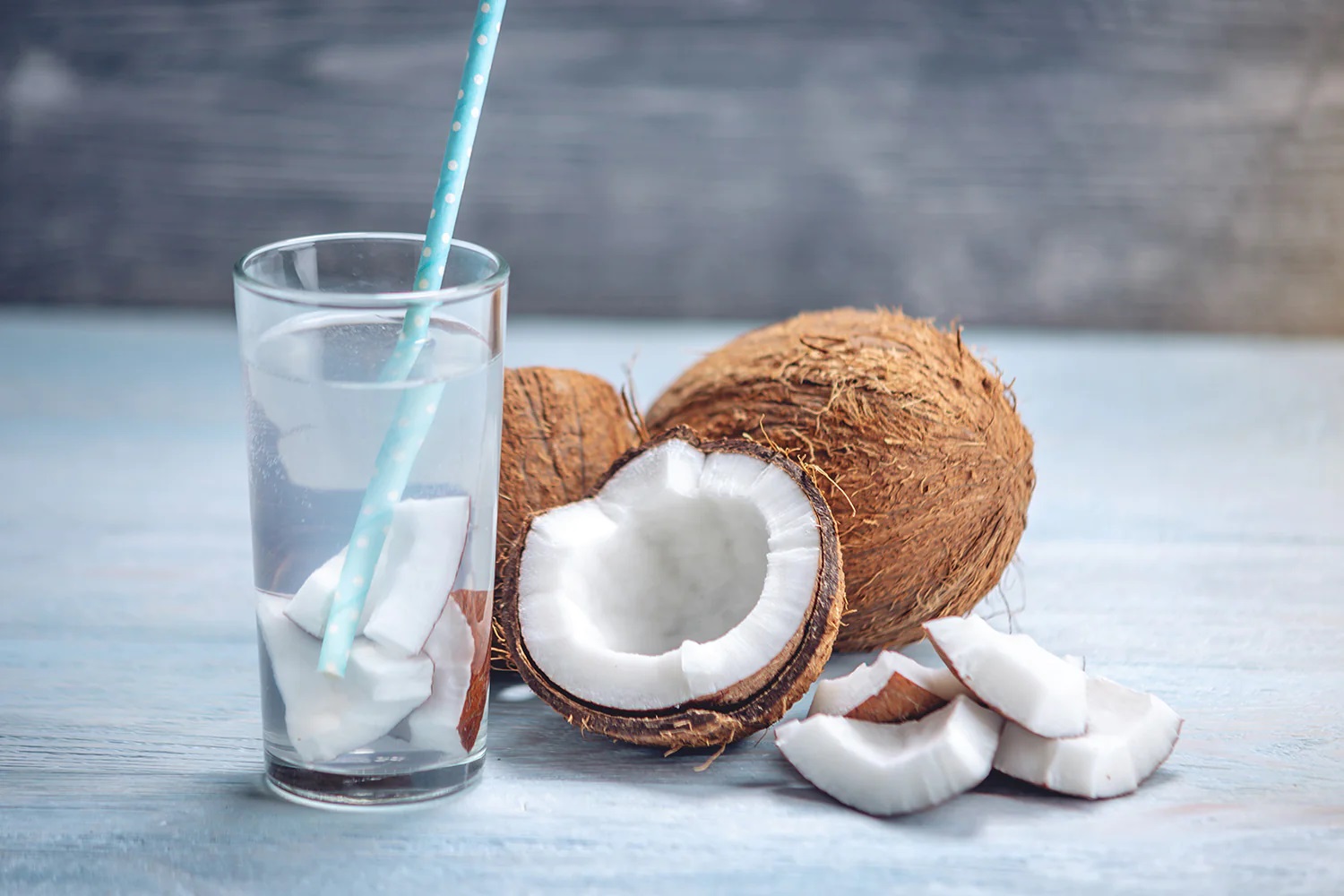Infusing Alcohol with Herbs: A Delicious DIY Project
Are you looking for a fun and creative way to elevate your cocktails? Infusing alcohol with herbs is a fantastic way to add depth and complexity to your favorite spirits. Whether you’re a seasoned mixologist or a home bartender, this simple technique can take your drinks to the next level. Plus, it’s a great way to experiment with different flavors and create custom infusions that suit your taste preferences. In this guide, we’ll walk you through the process of infusing alcohol with herbs, so you can impress your friends and family with your homemade concoctions.
Choosing the Right Herbs
Before you start infusing alcohol, it’s important to select the right herbs for the job. Fresh herbs are ideal for infusions, as they impart a vibrant flavor and aroma. Some popular choices for infusing alcohol include:
- Mint: Adds a refreshing and invigorating flavor to spirits like vodka and rum.
- Basil: Offers a slightly sweet and peppery note, perfect for infusing into gin or tequila.
- Rosemary: Brings a piney and herbal taste to whiskey and vodka infusions.
- Lavender: Imparts a floral and fragrant essence, ideal for infusing into vodka or gin.
Feel free to get creative and experiment with different herb combinations to discover unique flavor profiles.
The Infusion Process
Now that you’ve chosen your herbs, it’s time to get started with the infusion process. Here’s a simple step-by-step guide to infusing alcohol with herbs:
- Prepare Your Ingredients: Wash and dry the fresh herbs, removing any stems or damaged leaves.
- Combine Herbs and Alcohol: Place the herbs in a clean, airtight container and pour the alcohol over them. Make sure the herbs are fully submerged in the alcohol.
- Store in a Cool, Dark Place: Seal the container and store it in a cool, dark place for at least 3-5 days. The longer you let it infuse, the stronger the flavor will be.
- Strain and Enjoy: Once the infusion period is complete, strain the alcohol to remove the herbs. Your infused alcohol is now ready to be used in cocktails or enjoyed on its own.
Creating Delicious Cocktails
Now that you have your custom-infused alcohol, it’s time to put it to good use. Experiment with different cocktail recipes to showcase the unique flavors of your herbal infusions. Here are a few ideas to get you started:
- Minty Mojito: Use your mint-infused rum to create a refreshing and herbaceous mojito.
- Basil Margarita: Combine your basil-infused tequila with fresh lime juice for a zesty and aromatic margarita.
- Rosemary Old Fashioned: Add a twist to the classic old fashioned by using your rosemary-infused whiskey for a woodsy and fragrant flavor.
- Lavender Martini: Shake up a lavender-infused gin martini for a floral and elegant cocktail experience.
Final Thoughts
Infusing alcohol with herbs is a simple yet rewarding process that allows you to customize your drinks and explore new flavor combinations. Whether you’re hosting a gathering or simply enjoying a quiet night in, your homemade herbal infusions are sure to impress. So, gather your favorite herbs, grab a bottle of your preferred spirit, and start experimenting with this delightful DIY project. Cheers to creating delicious, herb-infused cocktails!
More Delicious Recipes Featuring Herb-Infused Alcohol
Once you've mastered the art of infusing alcohol with herbs, you're ready to experiment with a variety of exciting recipes that showcase your new skills. We recommend starting with the Rosemary Whiskey Delight, which beautifully highlights the aromatic depth rosemary brings to the robust flavors of whiskey. For a refreshing twist, try the Lavender Lemon Refresher; its floral notes are perfect for a sunny day. If you're in the mood for something uniquely refreshing, the Dill Gin Chiller offers a crisp and revitalizing taste, ideal for relaxing afternoons. These recipes not only enhance your drinks but also elevate your overall cocktail experience, offering delightful tastes for any occasion.
Was this page helpful?
Read Next: How To Infuse Lemongrass
